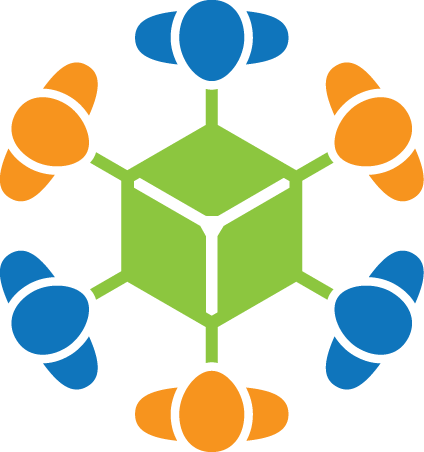Human Subjects Protection
Built for Research
Volunteer Science was originally established as a multi-site academic research project. Human subjects protection protocol and standards were built into the system from the start through end-to-end encryption, data segregation, and digital consent processes.
Anonymity
Volunteer Science protects users' anonymity and confidentiality by providing only a minimal amount of information about participants in a study. By default, the only data provided on a participant is 1) an anonymous identifier that is unique for every study, 2) an anonymized IP address identifier, and 3) an anonymized user agent identifier. These identifiers help you track who participates multiple times without providing any personally-identifying information about the participant. You can also use them to link data across your studies. However, it is impossible to match these identifiers across research teams. If you want to match people across teams, the participant must provide identifiable data such as their name or email.
Volunteer Science keeps track of participants across sessions either through the participants' login in information or by setting a cookie in their browser. This enables researchers to know if and when the same person participates in a study multiple times. The caveat is that if someone is not logged in and is on a different device and clears their browser cookies, then we cannot track that participant.
Confidentiality
Once participants provide data about themselves, particularly data that can be used to identify them like contact information as well as potentially sensitive data such as health information, protecting that data is critical. That's why we use end-to-end encryption on all studies performed on Volunteer Science. This ensures that no data can be viewed over the network or on the server without the credentials of the researcher conducting the study or of the administrators of the platform.
Digital Consent
Volunteer Science provides tools for researchers to upload consent forms, display them to participants, have participants digitally sign the consent form, and document the consent in the study's data. These facilities enable you to document consent and link data across your own studies.
Data Deletion
Consistent with GDPR regulations, Volunteer Science complies with all requests for data deletion from researchers and volunteers.
Deferring to Researchers
The Volunteer Science system is built to protect participants' anonymity, confidentiality, and privacy by sharing the minimal amount of data with researchers without their consent. However, we want researchers to do research and we provide powerful tools for participants to share data across studies. At Volunteer Science we do not make judgments about what methods of research and incentive structures are valid or ethically sound. We leave it up to researchers and the review boards at their institutions to decide what risks are acceptable and what benefits sufficient. However, we will enforce our terms of service and will perform a usability test on any study being submitted to our main study page.
Deception
While we do not forbid deceptive studies, we do recognize that participants' perception that a study may involve deception can invalidate a wide variety of studies. Therefore, we forbid deceptive studies on the main study page. Researchers performing a study involving deception may post the study on their own lab page or on one of our deception-allowed pages.
Incentives and Compensation
Volunteer Science will never pay volunteers for their participation. However, independent researchers are allowed to offer compensation and performance incentives in their own studies. It is up to the researcher to ensure that compensation is sufficient and delivered to participants in a timely manner. Researchers are also required to state the compensation for any study on the study's about page and in the study's short description.

